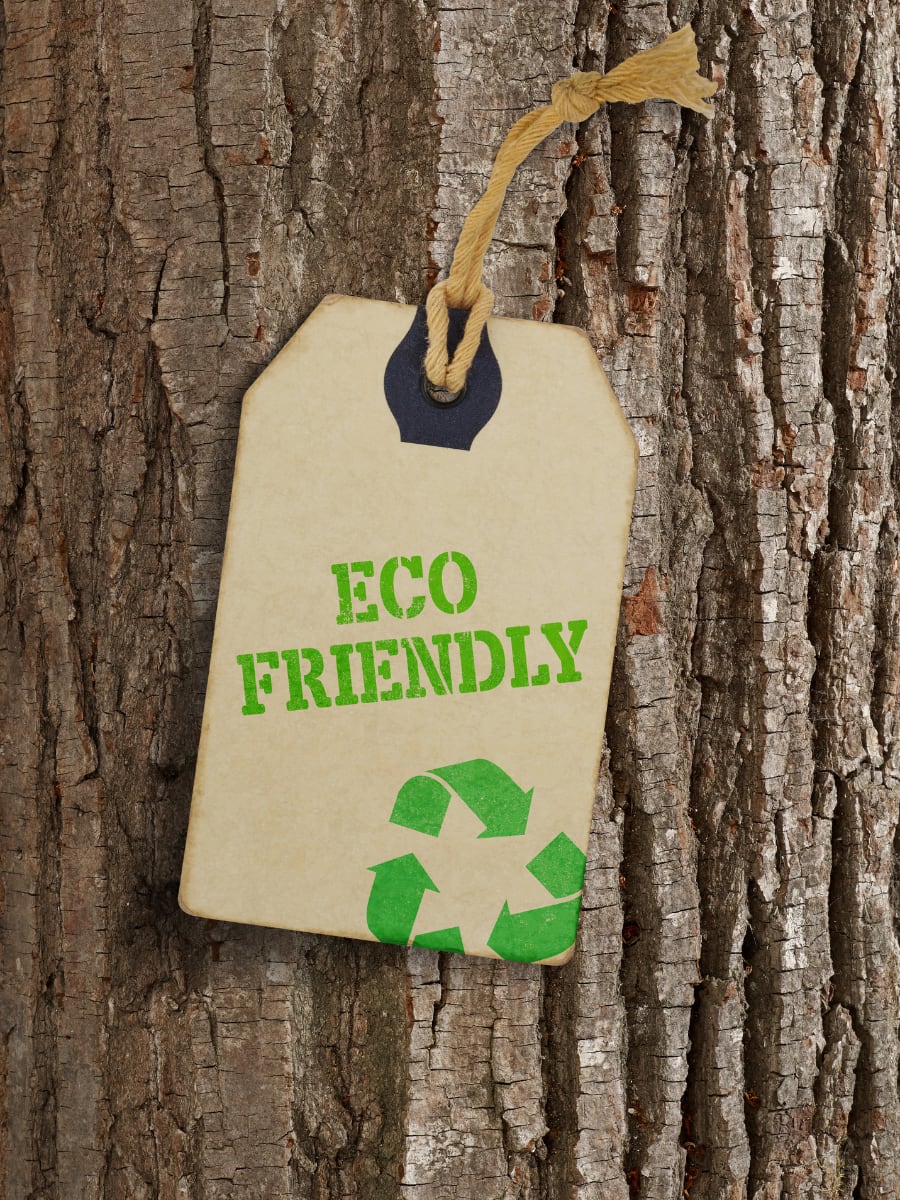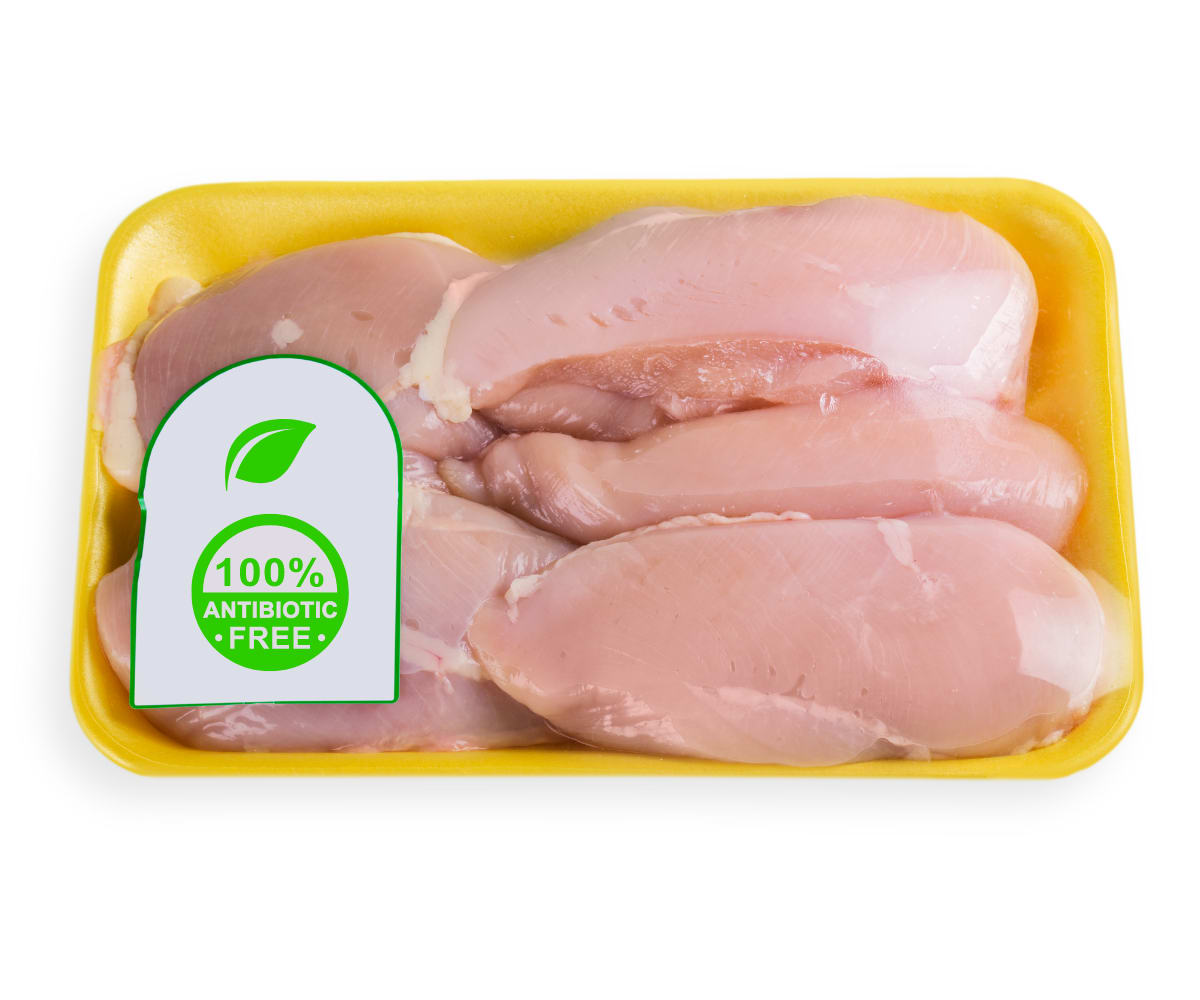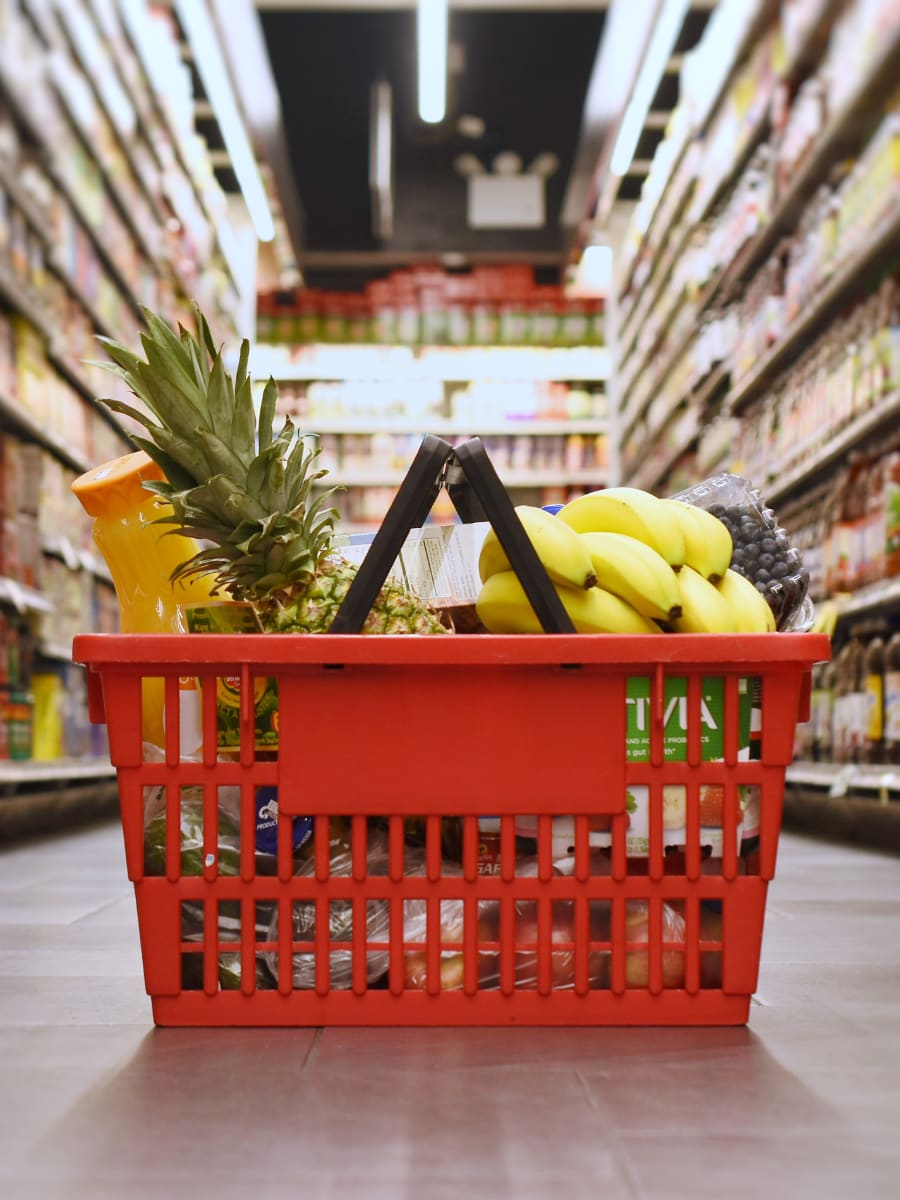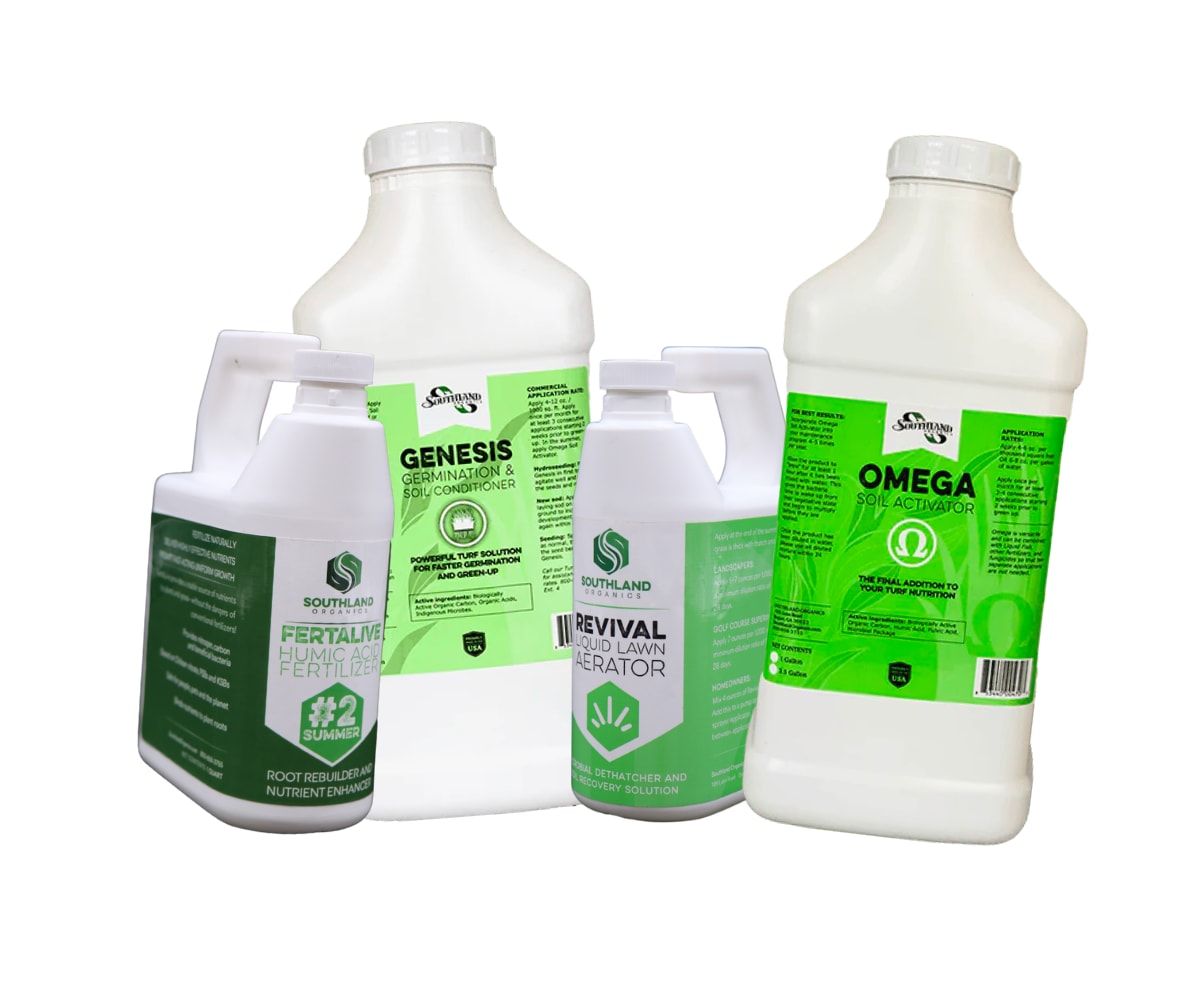When we say that we make natural solutions to natural problems in lawn, garden and coop care, we really mean natural! All the ingredients in our products are simply that: naturally occurring substances that we mix up and put in a bottle so that you can safely care for your grass, plants and chickens. But let’s step away from Southland Organics and focus on the concept of greenwashing. What is the definition of greenwashing? Let’s go beyond the buzzwords like "sustainable" and "eco-friendly" to bridge the gap between what we see on product labels and what’s going on behind them.
What is greenwashing?
Greenwashing is similar to other terms with the "–washing" suffix, such as "pinkwashing," "whitewashing" and "bluewashing," which point out companies’ attempts to curry favor by promoting values they think will align with customers without actually doing anything to uphold these values. It’s like they’re talking the talk, but they're not walking the walk.
In the case of greenwashing, a company will talk the environment talk while not truly doing anything with significant environmental benefits. They'll use misleading marketing claims to make you, the consumer, believe that buying their product will make a positive environmental impact or provide a healthier choice. They want you to feel good about buying their product, and they want to dissolve your cognitive dissonance so that you come back for more. But behind the words “all-natural” and “eco-friendly” on the label, companies who greenwash have no documentation or corporate effort to support their claims of environmental consciousness.
The Difference Between Greenwashing and Green Marketing
Not every company that makes environmental claims is greenwashing, and some greenwashing companies are doing so unintentionally. But due to consumer demand and the fact that many consumers are willing to pay more for products they perceive as sustainable, intentional greenwashing is fairly widespread. Marketing professionals will place an environmental marketing claim on anything from soda to makeup to potato chips to gasoline.
While greenwashing involves selling products based on misleading environmental claims, "green marketing" involves selling products based on legitimate environmental benefits—meaning the company has transparent sustainable practices to back up its claims.
How to Identify Greenwashing

A lot of times, you can identify greenwashing simply by taking a closer look. What does the label say, and what does it actually mean?
Unregulated Language
Be wary of unregulated language like "green," "all-natural," "sustainable" or "eco-friendly." If a label uses these terms, ask why? Do they have great ingredients?
Be careful when considering the term "natural." Palm oil is natural, and it even sounds like it’s really good! But palm oil is one of the leading causes of deforestation globally. And not every natural ingredient is healthy...arsenic is natural, technically.
Hollow and Misleading Environmental Claims
Be careful of hollow claims. A company may say it’s going to be carbon neutral by 2052 to fight climate change, which is a great goal. But do we know that they’re doing anything at all to work toward that goal today?
Look out for cherry picking. Are they focusing on one positive feature of their business and ignoring an obvious negative feature? Some companies will tout small, inexpensive changes for them that don’t make a difference. Think of a coffee shop switching away from plastic straws in favor of lids. It sounds good until you realize that the lids use three times more plastic than the straws.
The Term "Free" in Sustainability Claims
Be wary of claims that a product is “free” of something.
CFC-Free
Some product labels brag about being free of chlorofluorocarbons (CFCs). That’s great, but CFCs were banned in most cases in the Montreal Protocol in 1989...so a product being CFC-free is not very impressive.
Antibiotic-Free

The same goes for poultry meat products being antibiotic-free. While it is legal to administer antibiotics via animal feed, using antibiotics in commercial poultry was outlawed for production purposes starting in 2017. So it’s great that companies are abiding by the law, but by touting this feature in a way that makes them seem unique for doing it, they’re greenwashing.
Think about it: you’re holding two packs of chicken at the grocery store. One includes "antibiotic-free" and a picture of a leaf, and one does not. Being the environmentally conscious consumer you are, you choose the option with the antibiotic-free label because it sounds like that chicken grew up in a more natural, possibly even eco-friendly environment, while the other chicken did not. This sounds like a convincing environmental attribute or benefit. You may even pay more for this supposedly “healthier” choice. But in reality, those chickens' lives and environments were pretty much the same. You’ve just been swindled by greenwashing. But don’t feel bad, this happens all the time.
Again, this is not to say that every claim made on your favorite foods’ packaging is meaningless. A lot of it has meaning, especially labels certified by strict regulatory boards! This is all just to say that, due to greenwashing practices, it’s worthwhile to think twice about the “green” claims made on packaging, be it a bag of chicken nuggets or a bottle of shampoo.
What can you do?

So what can you do about greenwashing? The simplest thing is voting with your dollar. Be a little skeptical and do your research when it comes to issues and products you care about.
Don’t encourage greenwashing behavior, and use your hard-earned money to “vote” for companies who use truly sustainable business practices rather than any deceptive practices.
What about Southland Organics?
Now I’ll turn the attention back to Southland Organics. We do our best to be as honest and transparent as possible with our sustainability claims. One thing we do to avoid greenwashing is to talk about the science behind our products often.
We stand by the fact that our products are safe and provide natural alternatives to products that are conventionally harmful to the environment. We back up these claims by investing in customer education and explaining why these products are safe and effective—the science. Check out our YouTube channel and blog for information about how our products work and helpful science-related topics on garden, lawn and coop care. And of course, if you ever have a question about our products, our ingredients or how they work, just ask us!
In the spirit of transparency and being anti-greenwash, here are three things that we, as a company, could improve upon in terms of our environmental friendliness, plus three things that we do well.
3 Areas for Eco-Friendly Improvement
-
Our products are packaged in plastic. Most of our products are liquid, and the easiest and cheapest way for us to ship liquid products without them breaking is in plastic jugs. Hopefully one day there will be an alternative!
-
These liquid products are heavy. They’re transported across the country on shipping trucks, which use a lot of fuel and thus, cause emissions. While our soil products do capture carbon when applied, it’s not enough to offset these emissions.
-
One of our main product ingredients, humate, is mined in coastal Georgia. While this ingredient provides a healthy way to take care of lawns, gardens and chickens, getting it is somewhat environmentally intrusive. While our humate mine is nothing compared to traditional coal or gem mines you may think of, extracting anything from the earth does take a toll, though relatively small in this case.
3 Sustainable Practices

We believe the following three sustainable practices and more help justify and offset the environmental costs necessary to make them possible.
-
Our products revitalize soil by adding healthy microbiology, carbon and organic acids. They literally bring soil to life, a regenerative agriculture practice that can keep soil productive without stripping it of its nutrients. This makes it useable for future generations. Now THAT is true sustainability!
-
Of course, our products technically contain chemicals—after all, even water is a chemical! But none of our ingredients are toxic or unsafe for you, your pets or the environment. We provide alternatives to conventional pesticides and fertilizers. They keep harmful chemicals from bioaccumulating in your environment.
-
We are a small, efficient business. We have a lean, hardworking team that is passionate about providing these natural solutions. While our team celebrates our business successes, there are no lavish, resource-intensive corporate expenses around here—just simple people doing their best to help our business flourish.
Bridging the Gap
Let’s wrap this up by defining greenwashing again. Greenwashing is a misleading tactic used by companies to make their products or business seem more environmentally friendly than they truly are.
You can beat greenwashing by taking a second look and thinking critically about what’s beyond the buzzwords of eco-marketing. Decide what matters to you and your family, and vote with your dollar. Remember, a company’s actions speak louder than their words, and the most environmentally friendly thing to buy is...nothing at all.
Contact Us
If you have any questions, feel free to contact us at [email protected] or 800-608-3755. Keep up with us on social media @SouthlandOrganics.








